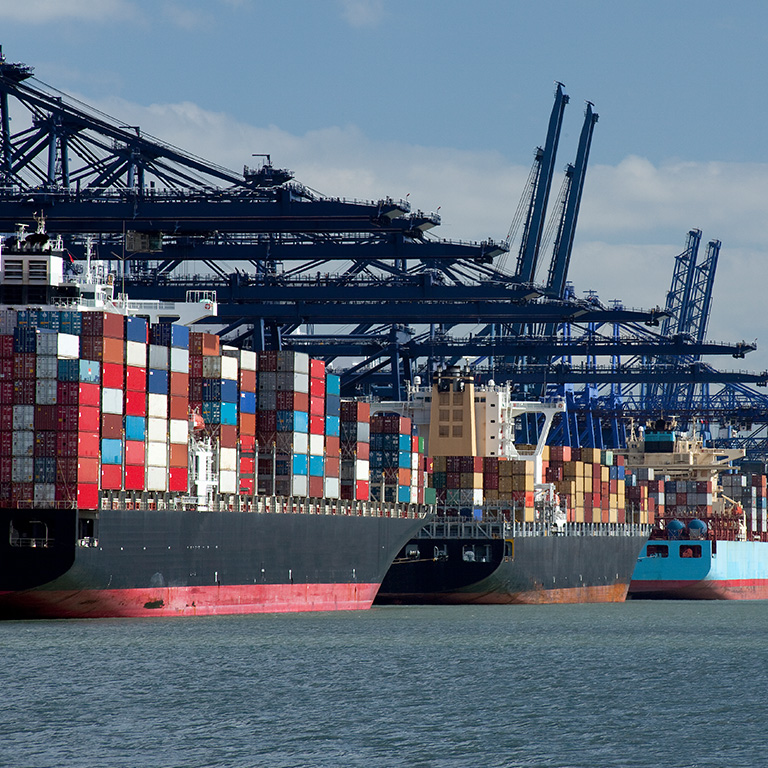
Carl Ratcliffe
Marsh UK Industries - Recycling, Utilities & Mining Industries Leader
The UK has seen unprecedented utilities disruption this year. Driven by extreme weather events — including Storm Arwen, which disrupted power to 1 million households — and geopolitical events such as the crisis in Ukraine affecting gas supplies, we anticipate the utilities sector will need a resilience revolution.
As we head into winter, all indicators point to a concerning situation. The National Grid has doubled its emergency planning exercises. Wholesale gas prices are predicted to soar 80%, and they have raised concerns for the possible need for a 3-hour blackout this winter. European governments are also bidding against one another to secure supply. The sector will need to prioritise and invest in resilience if it is to avoid widespread disruption and public resentment.
A recent survey found that extreme weather and unsustainable price rises for essential resources ranked within the top-five. However, two long-established risks also lead the way: cybersecurity and sluggish regulatory policy hindering investment.
A picture emerges of an industry grappling to navigate sudden disruption in tandem with complex issues often ascribed to public policy and regulation. Such tension presents a serious challenge for building meaningful resilience. Resources, capability, and structures must be fit for purpose in the face of multi-layered disruption, where competing priorities are often at play.
With senior utilities managers expecting risks to only magnify within a 5-10 year timeline, and only 53% of them confident in being able to navigate this based on current capabilities, the sector is entering a period where enhancing resilience will not only underpin commercial success, but socio-economic security for millions.
It is critical to long-term success for organisations to build resilience within the three key areas outlined:
The challenge facing utilities is significant. Proactive action is needed to thrive in an environment faced with the combined risks of cyber, climate change, and the erosion of public trust. Continual national infrastructure adaptation and focusing activity on resources to prepare and mitigate new and emerging risks will create a more resilient sector in the future.
[1] Storm Arwen Report, Ofgem, June 2022

Marsh UK Industries - Recycling, Utilities & Mining Industries Leader

Sentrisk Risk Advisory lead at Marsh
United Kingdom

Article
15/04/2025